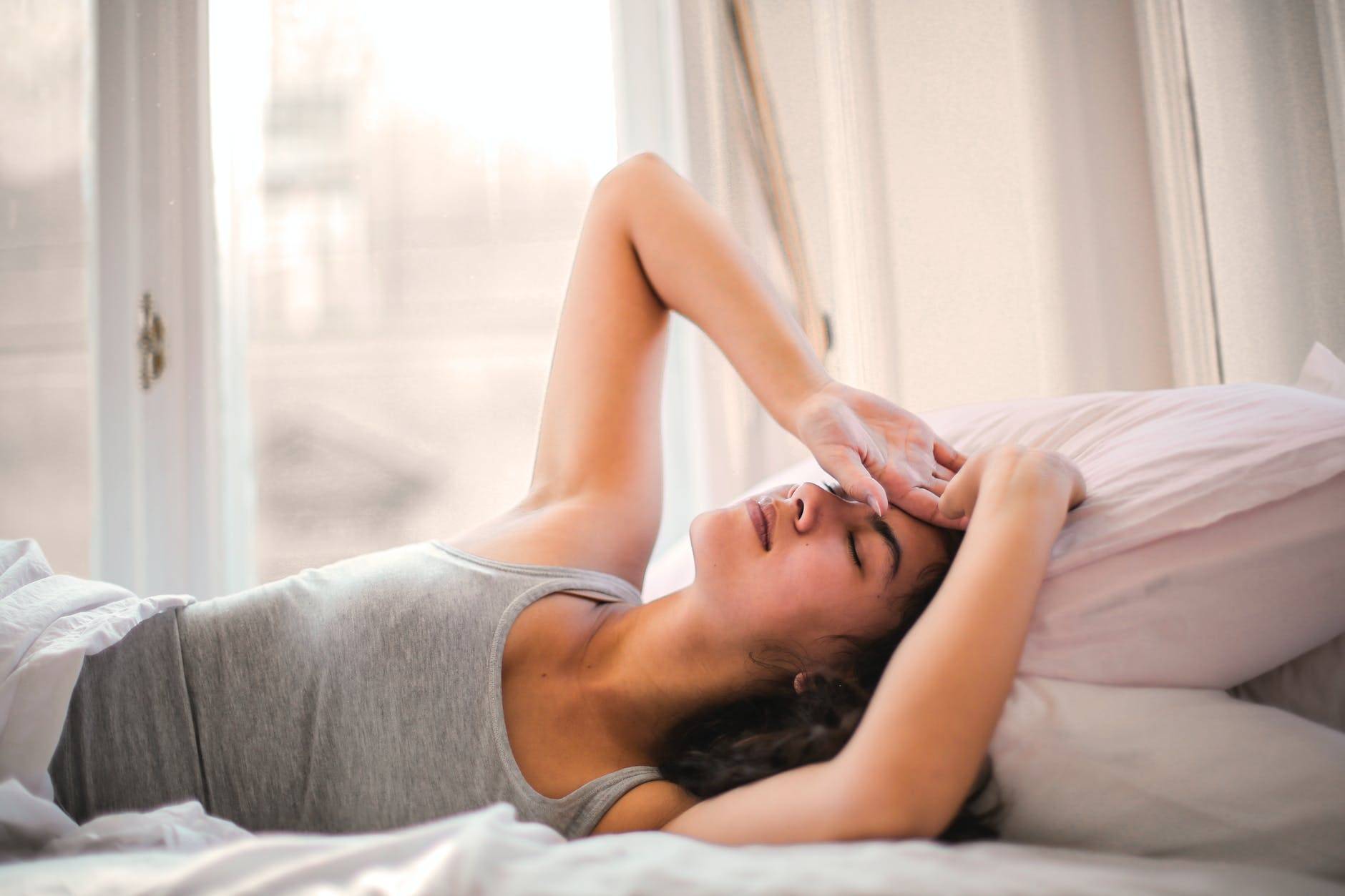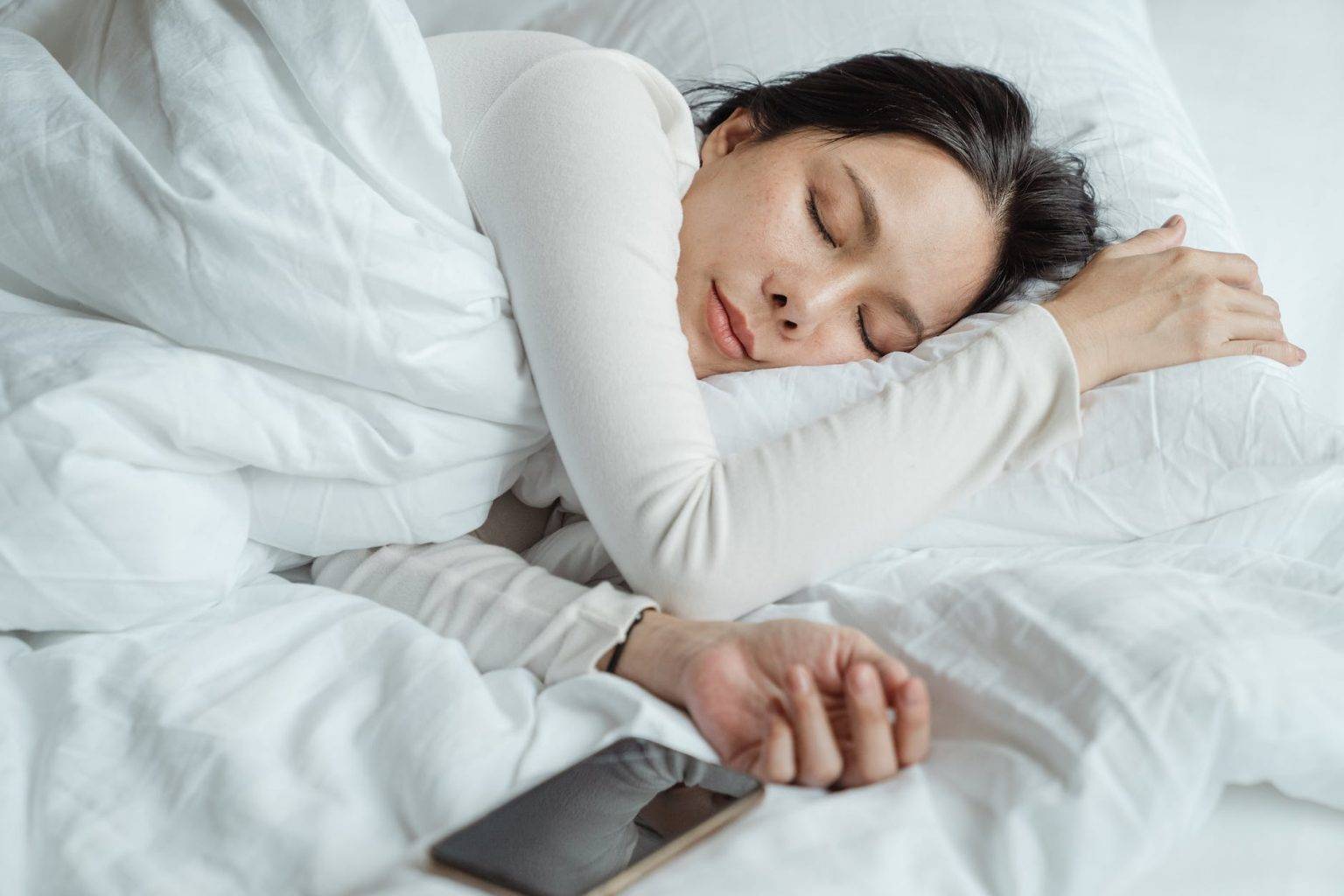|
Getting your Trinity Audio player ready...
|
In our fast-paced, modern world, a good night’s sleep can often feel like an elusive dream. The demands of work, family, and daily life can make it challenging to get the restful sleep we need to recharge and thrive. However, there is hope! By implementing a few simple strategies, you can significantly improve your sleep quality and wake up feeling refreshed and ready to face the day. In this article, we’ll explore 17 proven tips to sleep better at night.
1. Maintain a Consistent Sleep Schedule
Your body has an internal clock known as the circadian rhythm, which regulates your sleep-wake cycle. To optimize your sleep quality, go to bed and wake up at the same time every day, even on weekends. Consistency helps train your body to fall asleep and wake up naturally at the desired times.
2. Create a Comfortable Sleep Environment
A peaceful and comfortable sleep environment is essential for a good night’s rest. Ensure your bedroom is dark, quiet, and cool. Invest in a comfortable mattress and pillows that provide the right support for your body. Consider using blackout curtains to block out unwanted light.
3. Limit Exposure to Screens Before Bed
The blue light emitted by smartphones, tablets, and computers can interfere with your ability to fall asleep. Aim to reduce screen time at least an hour before bedtime. If you must use electronic devices, consider using blue light filters or apps that adjust the screen’s color temperature.
4. Watch Your Diet
Avoid heavy, large meals close to bedtime. Eating a big meal before sleep can lead to discomfort and indigestion. Additionally, caffeine and alcohol should be limited in the evening, as they can disrupt your sleep patterns. Opt for a light, balanced snack if you need something before bed.
5. Stay Active
Regular physical activity can promote better sleep, but avoid strenuous exercise too close to bedtime. Try to finish exercising at least a few hours before sleep. Gentle activities like yoga or stretching can be helpful for relaxation before bedtime.
6. Manage Stress
Stress and anxiety are common culprits behind sleepless nights. Practice stress-reduction techniques, such as deep breathing, meditation, or progressive muscle relaxation, to calm your mind and prepare your body for sleep.
7. Limit Naps
While a short power nap can be refreshing, excessive daytime napping can interfere with nighttime sleep. If you feel the need to nap during the day, keep it short (20-30 minutes) and avoid late-afternoon naps.

8. Establish a Bedtime Routine
Developing a relaxing bedtime routine signals to your body that it’s time to wind down. This routine could include activities like reading, taking a warm bath, or practicing gentle yoga stretches.
9. Keep Your Bedroom Just for Sleep
Avoid using your bedroom for work, watching TV, or any other activities. When you associate your bedroom with sleep, your mind will learn to switch into sleep mode more easily when you enter.
10. Monitor Your Bedroom’s Noise Levels
A quiet environment is crucial for restful sleep. If external noises are a problem, consider using earplugs or a white noise machine to drown out disturbances.
11. Limit Liquid Intake Before Bed
Reduce your intake of liquids in the evening to minimize the need to wake up for trips to the bathroom during the night. This can help you enjoy uninterrupted sleep.
12. Use Natural Light Exposure
Exposure to natural light during the day helps regulate your circadian rhythm. Spend time outdoors, especially in the morning, to reinforce your body’s natural sleep-wake cycle.
13. Manage Your Thoughts
Racing thoughts and worries can keep you awake at night. If you find your mind racing when you should be sleeping, consider keeping a journal to jot down your thoughts and concerns. This can help clear your mind and make it easier to relax.
14. Invest in a Quality Mattress and Pillows
Your mattress and pillows play a crucial role in the quality of your sleep. Choose a mattress that provides the right level of support for your body, and opt for pillows that keep your head and neck aligned properly.
15. Experiment with Relaxation Techniques
Progressive muscle relaxation, guided imagery, or relaxation apps can help you unwind and prepare for sleep. Experiment with these techniques to discover what works best for you.
16. Avoid Clock-Watching
Staring at the clock can cause anxiety and frustration if you can’t fall asleep quickly. Turn your clock away from view, so you’re not tempted to check the time if you wake up during the night.
17. Seek Professional Help If Needed
If you consistently struggle with sleep despite trying various strategies, consider consulting a healthcare professional. Sleep disorders such as insomnia, sleep apnea, or restless leg syndrome may require specific treatments or therapies.
Supplemental Tips for Better Sleep
In addition to the 17 proven tips mentioned above, there are several other strategies that can further enhance the quality of your sleep:
18. Aromatherapy and Essential Oils
Certain essential oils, such as lavender and chamomile, are known for their relaxing properties. Consider using an essential oil diffuser or placing a few drops on your pillow to create a soothing atmosphere in your bedroom.

19. Sleep-Inducing Foods
Some foods can naturally promote sleep due to their melatonin and tryptophan content. Examples include cherries, bananas, and warm milk. Incorporating these foods into your evening routine may help you doze off more easily.
20. Limit Caffeine and Nicotine
Caffeine and nicotine are stimulants that can interfere with your ability to fall asleep. Avoid them in the hours leading up to bedtime. Remember that caffeine is not only found in coffee but also in tea, chocolate, and some sodas.
21. Stay Hydrated
While it’s essential to limit liquid intake before bedtime to prevent frequent awakenings for bathroom trips, it’s equally important to stay hydrated throughout the day. Dehydration can lead to discomfort and restless sleep.
22. Consider Sleep Supplements
Melatonin supplements, when used under the guidance of a healthcare professional, can be helpful for regulating sleep patterns, especially for shift workers or those experiencing jet lag. Other supplements, such as magnesium and valerian root, have also been used to promote better sleep.
23. Relaxing Sounds
Some people find that soothing sounds like rain, ocean waves, or white noise can help them fall asleep. There are numerous apps and devices designed to provide these calming sounds to create a peaceful sleep environment.
24. Limit Evening Alcohol Consumption
While a glass of wine may help you relax, excessive alcohol consumption can disrupt your sleep cycle. It can lead to fragmented sleep and increased awakenings during the night.
25. Evaluate Medications
Certain medications can interfere with your sleep. If you’re experiencing sleep disturbances, consult with your healthcare provider to discuss whether any medications you’re taking might be affecting your ability to sleep soundly.
26. Consider a Sleep Diary
Keeping a sleep diary can help you identify patterns and triggers that affect your sleep negatively. Record your bedtime, wake time, food and drink intake, and any emotional or physical changes you notice to pinpoint potential sleep disruptors.
27. Create a Relaxing Evening Atmosphere
Dim the lights in the evening and engage in calming activities. Reading a book, taking a warm bath, or practicing gentle stretches can signal to your body that it’s time to wind down.
28. Cognitive Behavioral Therapy for Insomnia (CBT-I)
CBT-I is a structured, evidence-based approach to treating insomnia. It involves identifying and changing behaviors and thought patterns that contribute to sleep problems. Consider working with a qualified therapist if you suffer from chronic insomnia.
29. Limit Daytime Naps
While short daytime naps can be rejuvenating, excessive napping can interfere with nighttime sleep. If you need to nap during the day, keep it brief to prevent sleep disturbances at night.
30. Get Plenty of Sunlight
Exposure to natural light during the day is crucial for regulating your sleep-wake cycle. Spend time outside, especially in the morning, to help your body establish a healthy circadian rhythm.
31. Avoid Heavy Exercise Before Bed
Vigorous exercise right before bedtime can increase alertness and make it difficult to fall asleep. Try to finish your workouts at least a few hours before bedtime.
32. Address Sleep Apnea
Sleep apnea is a common condition that can significantly disrupt sleep. If you snore loudly and experience pauses in your breathing, it’s essential to consult a healthcare professional for diagnosis and treatment options.
33. Medication Management
If you’re on any medication, particularly those that may interfere with sleep, consult your healthcare provider. They can explore alternative medications or adjust dosages to minimize sleep disturbances.
34. Use Sleep-Tracking Apps
Many smartphones and wearable devices come with sleep-tracking features that can provide valuable insights into your sleep patterns. Analyzing this data can help you identify areas for improvement.
Incorporating these additional strategies into your quest for better sleep can further enhance the effectiveness of the 17 proven tips. Remember that everyone’s sleep needs and preferences are unique, so it’s important to experiment and find the combination of techniques that works best for you.
Conclusion
Sleep is a vital component of our overall health and well-being. Incorporating these 34 proven tips and strategies into your daily routine can help you achieve better sleep and wake up feeling refreshed and ready to tackle the challenges of the day. While there is no one-size-fits-all solution for everyone, taking steps to create a sleep-friendly environment, adopting healthy sleep habits, and seeking professional guidance when needed can lead to more restful and restorative nights. Prioritize your sleep, and you’ll be rewarded with improved physical, mental, and emotional well-being. Sweet dreams await!


